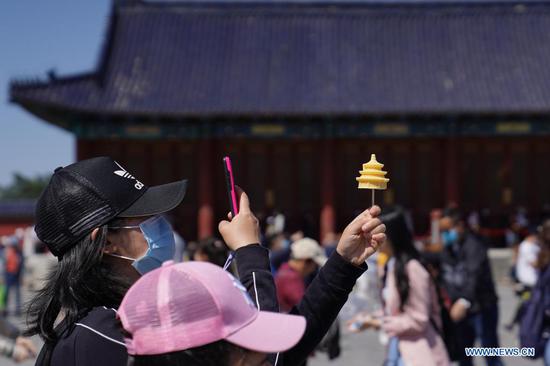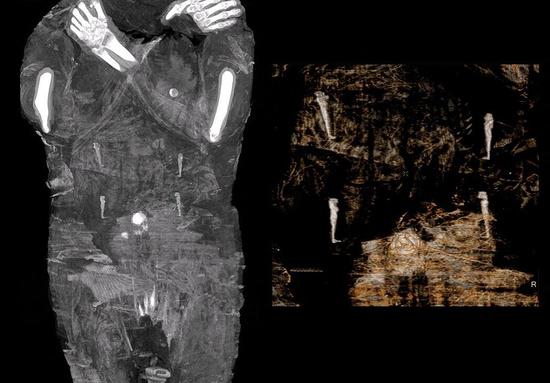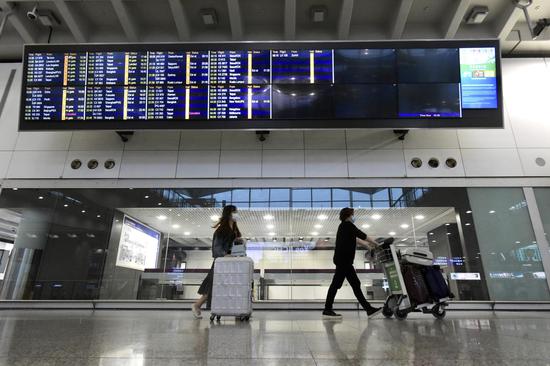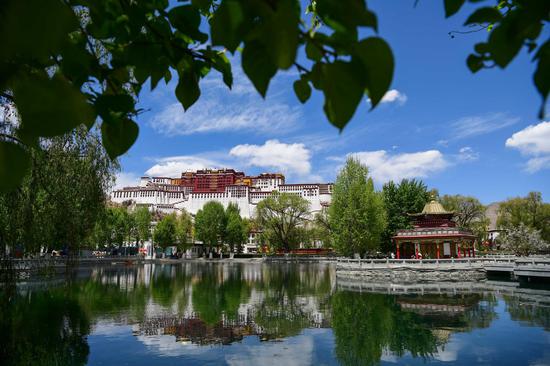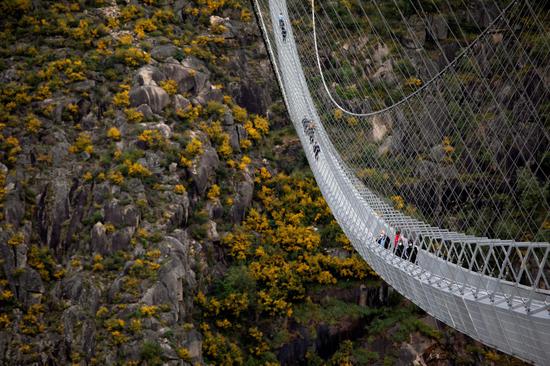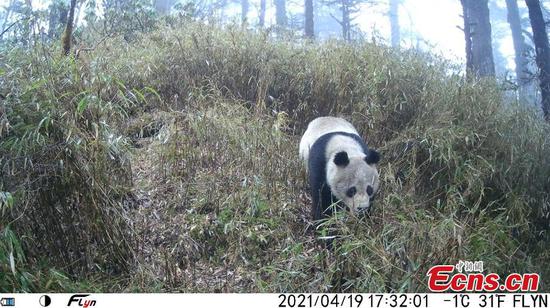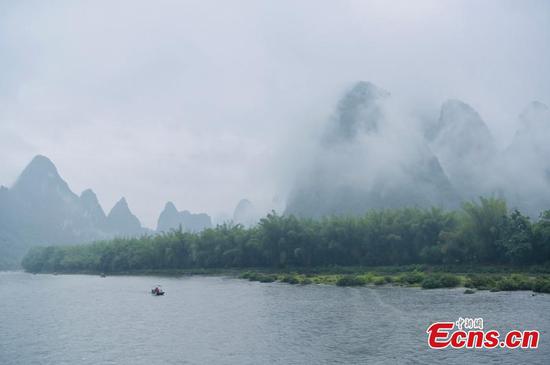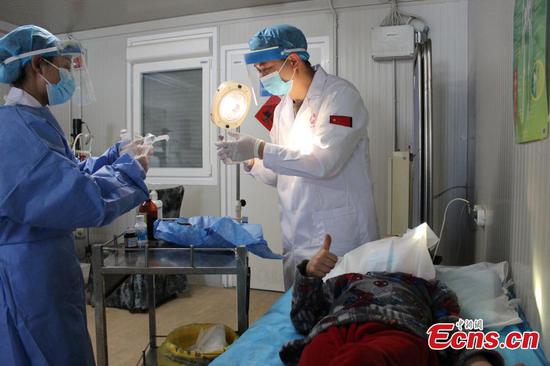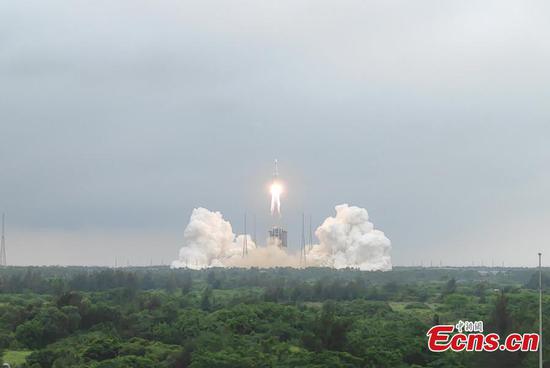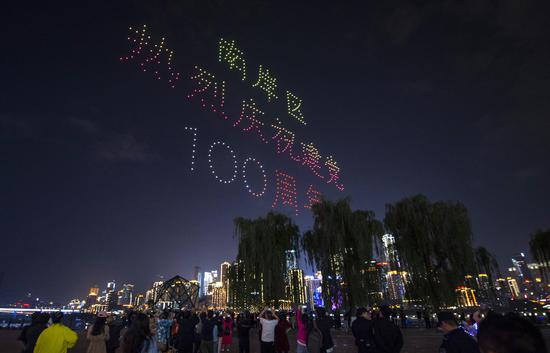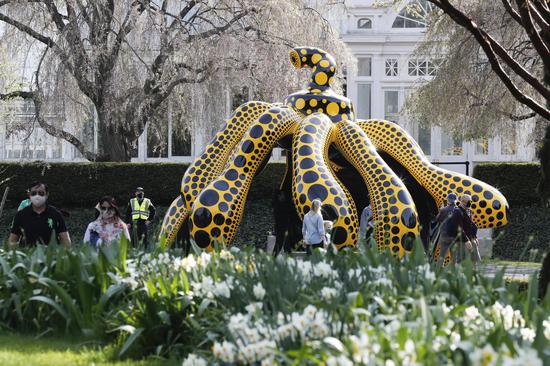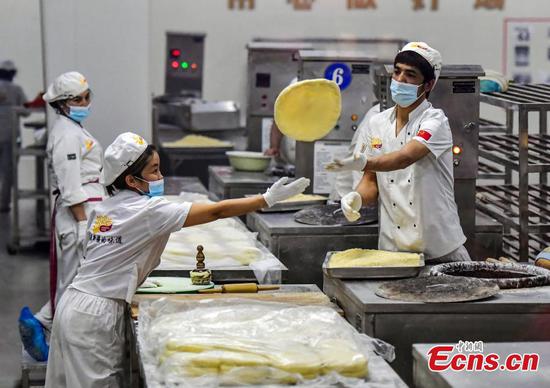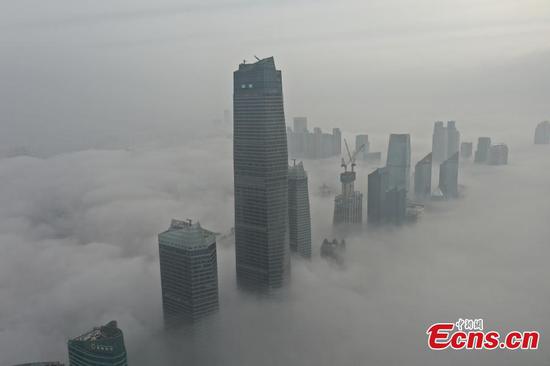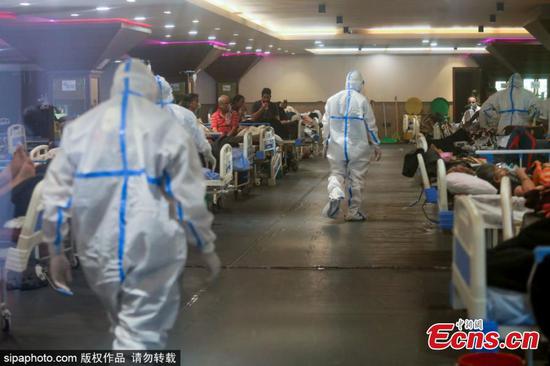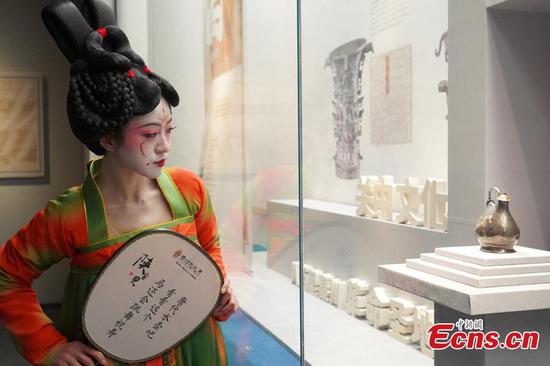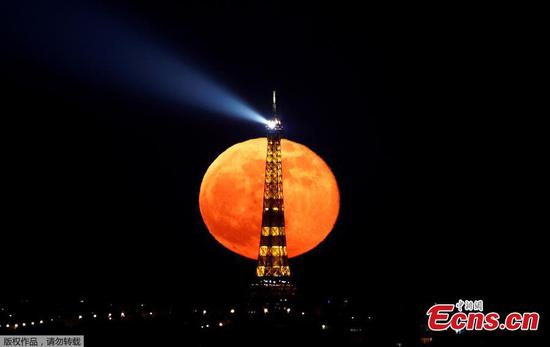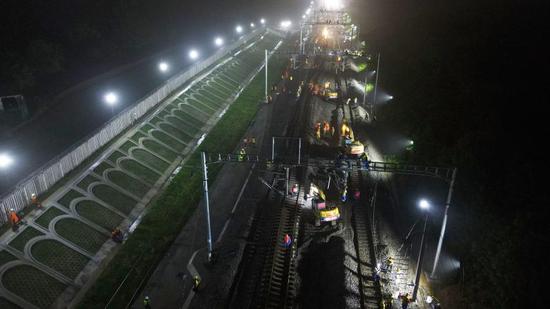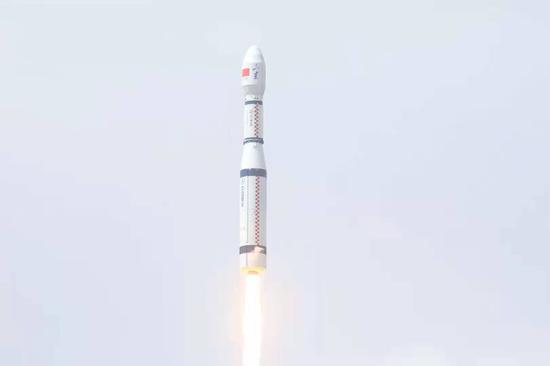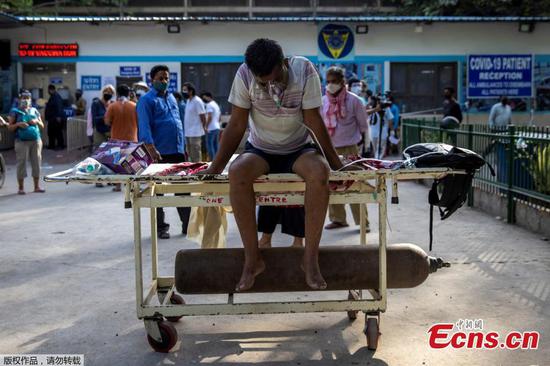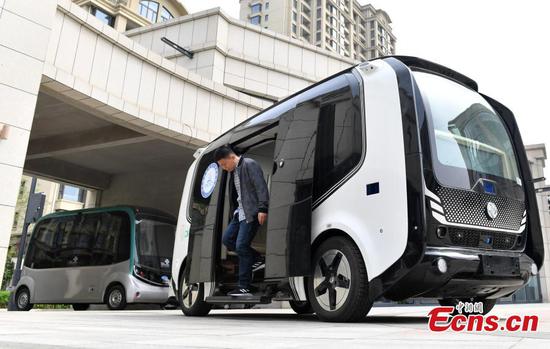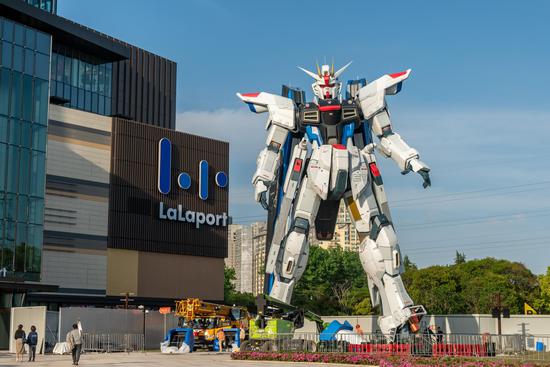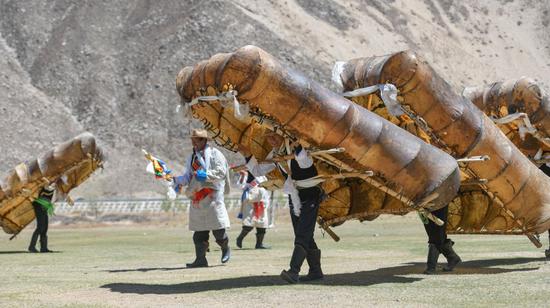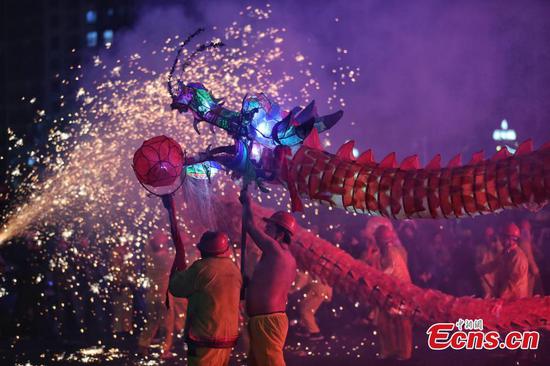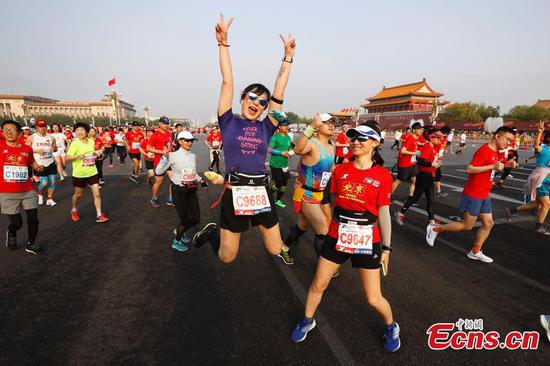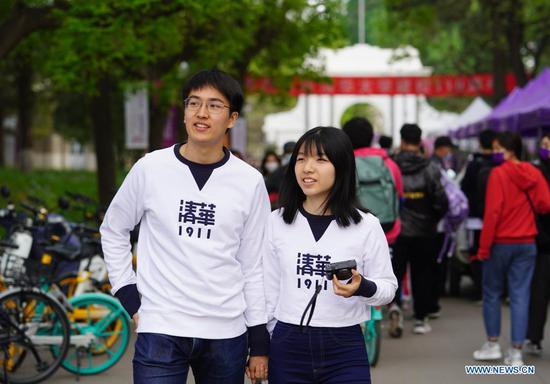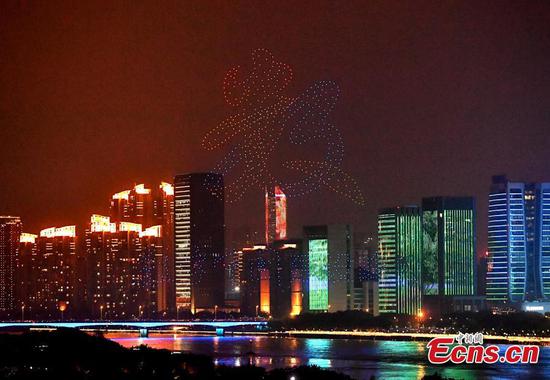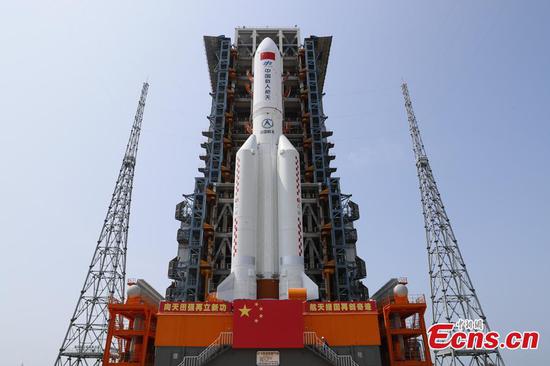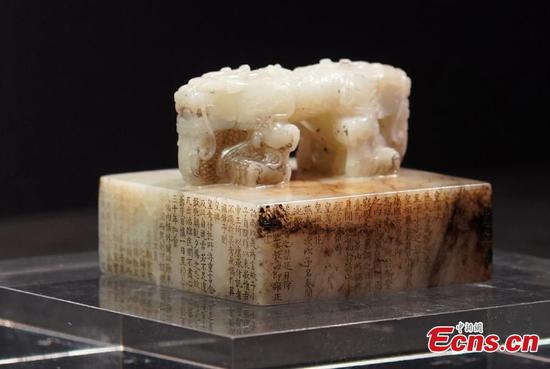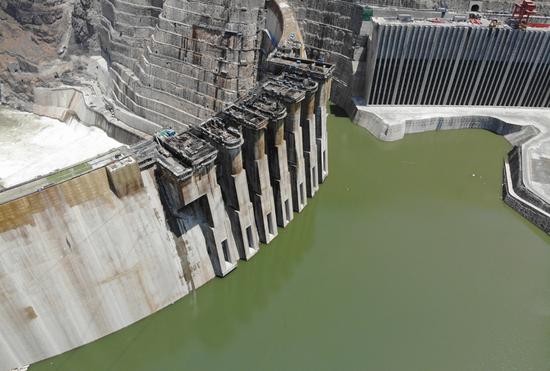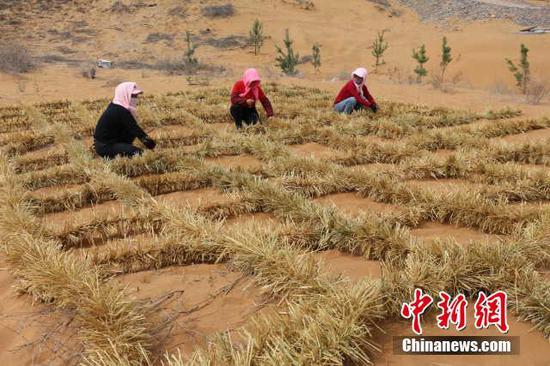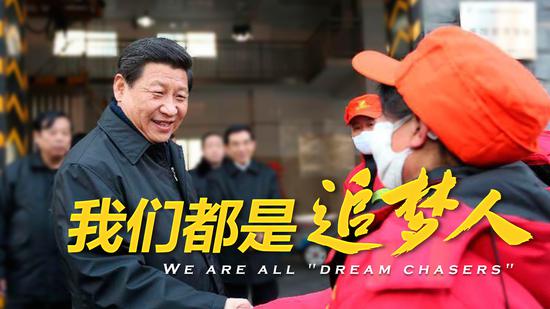Editor's note: This year, the Communist Party of China is celebrating the 100th anniversary of its founding. China Daily is publishing a series of stories looking at the tremendous changes that have occurred in provinces, autonomous regions and municipalities under the leadership of the Party. They also include stories of the people and places that have left indelible marks in the Party's path to glory.
Capital plans to make strides in science, culture and economic sectors in the next five years
Beijing will make efforts to accelerate its scientific, economic and cultural developments during the 14th Five-Year Plan period (2021-25) with several measures having been carried out at the start of this year to better facilitate the four core roles of the capital and help it build itself into a livable city for all.
The city, which aims to cap its permanent population at 23 million in future, will follow the path of high-quality development with an improved social structure to obtain comprehensive and harmonious growth, according to the city government's draft for the plan period.
Li Yuan, founder and CEO of Benewake Co, a high-tech company based in the capital, said he has seen great improvement in the science and technology industry in Beijing over the past decades, especially since he returned from the United States after earning his doctorate and founded the company in 2015.
"Benewake has gained policy and financial support from Zhongguancun, China's so-called Silicon Valley, and the city government during its growth, which has been important for us," he said. "We believe Beijing will become a world-class science and technology innovation center soon."
Xu Qiang, director of the Beijing Science and Technology Commission, said Beijing is aiming to meet that goal by 2025 and also hopes to be a leader in innovation, competitiveness and influence in the science and technology innovation sector by 2035.
"We will accelerate the drafting of the plan for the sector," he said.
According to Xu, in the following five years, Beijing will implement a national strategy for science development by cultivating national labs and key infrastructure construction for science and technology research.
Artificial intelligence, quantum information, blockchain and biotech will be key areas of focus. The government plans to build platforms to shorten the gap between the start of research and development and the time it takes to bring products to market.
Beijing will create a world-class business climate with a focus on further opening up the city's service sector and building the Beijing Free Trade Zone during the 14th Five-Year Plan period, said Liu Meiying, spokeswoman of the city's commerce bureau.
Beijing has been carrying out policies to further open its service industries-including science, culture, entertainment, finance, tourism and healthcare-to foreign investors since 2015, when the central government approved the plan.
"Beijing will look to establish a global service trade alliance based on the China International Fair for Trade in Service that has been held annually in Beijing for years," she said. "We will continue to build the platform with both online and offline functions with better digital service."
In September, the State Council announced three newly established free trade zones, including the one in the capital.
Based on its advantages in science and technology development and its international businesses climate, Beijing's FTZ will focus more on the digital economy and service industry.
According to the Beijing FTZ plan, the city government will support the People's Bank of China, the country's central bank, in its efforts to establish a legal digital currency zone and digital finance system in Beijing. The bank will also form a blockchain standardized system in the trade and finance sector.
With a long history and rich cultural relics, Beijing will strengthen its culture development in the following years to enrich the lives of its people.
"I've seen an increasing number of bookstores and museums in Beijing, as well as parks with strong cultural atmospheres," said Dong Jinxian, a 60-year-old resident in Beijing.
The number of cultural facilities in Beijing has also been increasing, and it is expected that access to such places will become even more convenient in the future.
There are plans to have cinemas every 2 kilometers and reading spaces not more than a 15-minute walk away in the upcoming years. There are currently 149 theaters, 163 museums, 260 cinemas, about 1,300 bookstores and 5,800 public libraries in the city, according to the city government.
Meanwhile, the city government has called on social organizations around the capital to build museums.
The Grand Canal Museum, for example, is under construction in Tongzhou district, where the sub city-center is located. It is scheduled to be open in 2023. Beijing will also aim to preserve its traditional architecture while developing a cultural industry with global competitiveness over the next 15 years, according to plans that were released in April.









